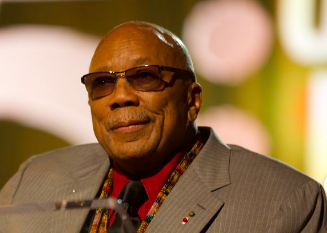One of the things widening the racial wealth gap is the federal tax code. The way the tax code is written puts Blacks at a disadvantage, according to a law professor who has spent her career researching racism in the tax system.
Loopholes in the U.S. tax system have held back Black families, said Dorothy A. Brown, a professor of law at Emory University and the author of “The Whiteness of Wealth: How the Tax System Impoverishes Black Americans — and How We Can Fix It.”

“What the tax law does every April 15th is see to it that Black Americans pay higher taxes than their white peers because Black and white Americans engage in the same activity, but tax law impacts differently because we bring our racial identities onto our tax forms,” Brown told CBS News.
“Even though the IRS doesn’t ask about race, this doesn’t mean that the 1040 or the federal income tax system doesn’t have different effects for people of different races,” Kim Rueben, Sol Price fellow at the Tax Policy Center, told The Washington Post.
An analysis by the nonpartisan Tax Policy Center found that although high-income Americans pay a larger share of their income in taxes, they still have a significant financial advantage over African-Americans, according to a newly released report.
Tax Policy Center researchers took a line-by-line examination at the 1040 form for individuals and found that the tax code is not neutral when it comes to race.
Marriage tax disadvantage
Since a majority of Black married households both spouses work, this puts them at a disadvantage. Only when one spouse works does the couple get a tax cut. But if both spouses work, most likely, they will have their tax rate go up.
White, married couples are more likely to have a stay-at-home spouse and get a tax cut, according to the Census Bureau.
Lack of homeownership
“The majority of white Americans own homes. The majority of Black Americans are renters. We don’t allow a tax break to rent, but we allow a tax break for homeownership. White Americans own homes in predominantly white neighborhoods. Black Americans own homes in racially diverse or all Black neighborhoods. Most homeownership appreciation is in the all-white neighborhood. We have a tax break for appreciation on our homes. If we sell our homes for a loss, no tax break,” Brown explained to PBS last year.




